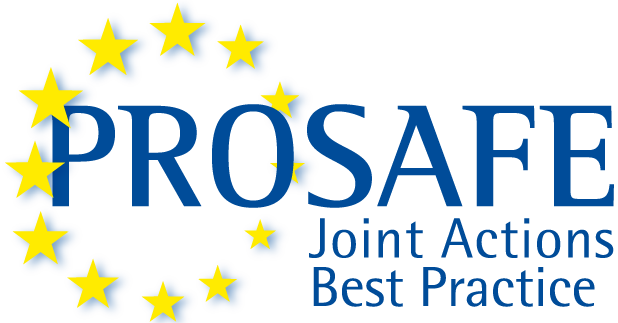The PROPLIANT-MTool Study
This is a research study, prepared for and financed by the European Commission, to measure product non-compliance for all harmonised sectors covered by Regulation 2019/1020. The study is led by PROSAFE and developed in partnership with BIG2GREAT, HBS Economics, and Euromonitor International.

Why is it essential to carry out this Study?
Market surveillance ensures that dangerous and non-compliant non-food products are kept outside the EU Single Market, protecting the consumer or the end-user, the economy, and the environment. That is the responsibility of Market Surveillance Authorities (MSAs) in every EU Member State. Compliance controls may involve proactive and reactive product inspections, physical checks, and laboratory testing.
Carrying out comprehensive checks on every single product traded across the supply chain is simply impossible. This is because inspecting all products, for each product sector, in each Member State, would require an enormous amount of human and financial resources and infrastructure that is not available to the MSAs.
To compensate (partially) for this difficulty to reach full market coverage, MSAs typically prioritise their actions by targeting products or a segment of the market with a seemingly higher probability of non-compliance. Because of this inescapable sampling bias, the outcome of MSAs’ actions cannot provide a complete and representative picture of the real levels of non-compliance in the market, nor their evolution over time. However, understanding the results of market surveillance across sectors and in each Member State is key to assessing the impact of the EU market surveillance regulatory framework and the effectiveness and implications of policy measures.
What does PROPLIANT-MTool Study intend to achieve?
The Study will deploy and test the effectiveness of a data-driven measurement methodology, initially developed by DG GROW and the European Commission’s Joint Research Centre (JRC), to estimate and monitor the actual non-compliance trends of products across 34 sectors in the European Union.
This will be accomplished by:
1. Collecting data available from Market Surveillance Authorities;
2. Analysing them for each product group and EU country;
3. Estimating the market sizes for the relevant product groups for each EU country; and
4. Aggregating the estimated levels of non-compliance for each product group, sector and EU country.
Ultimately, the Study aims to propose improvements on the applied methodology and provide recommendations on strategies and supporting measures that the European Commission and the MSAs could undertake about data collection and processing, including an assessment of their cost, effectiveness and efficiency.
